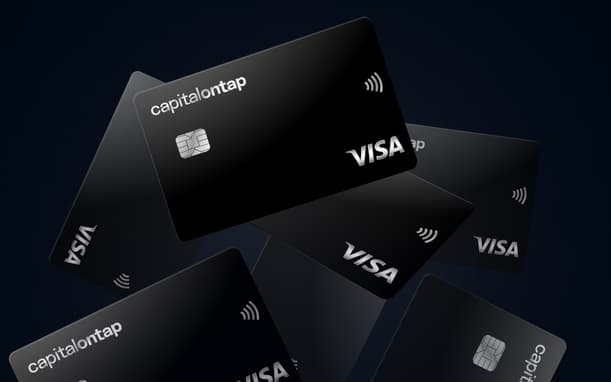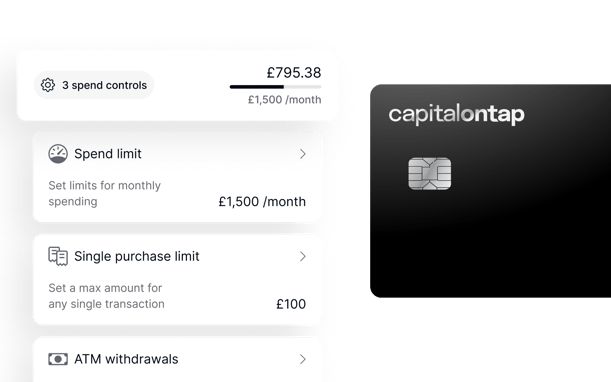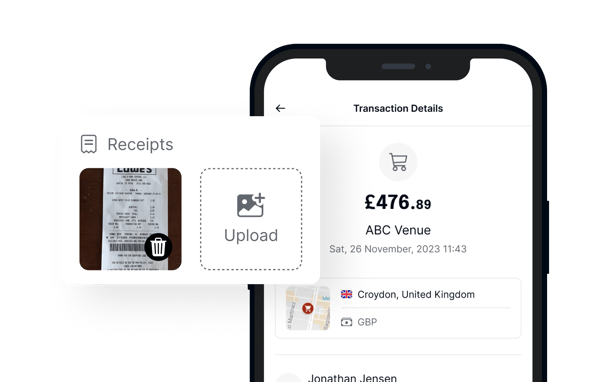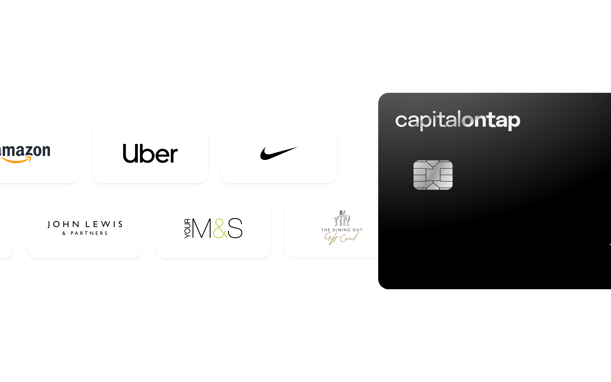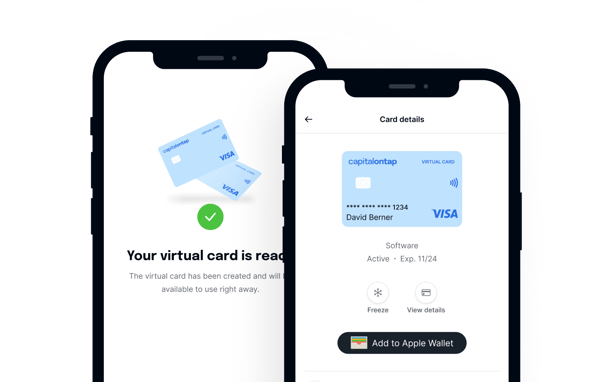1% cashback on all card spend
Business employee cards
Employee credit cards give your employees the freedom to pay for business expenses while keeping you in control of their spending.
- Unlimited free company cards
- See spending updates in real time
- Set custom limits for each card

